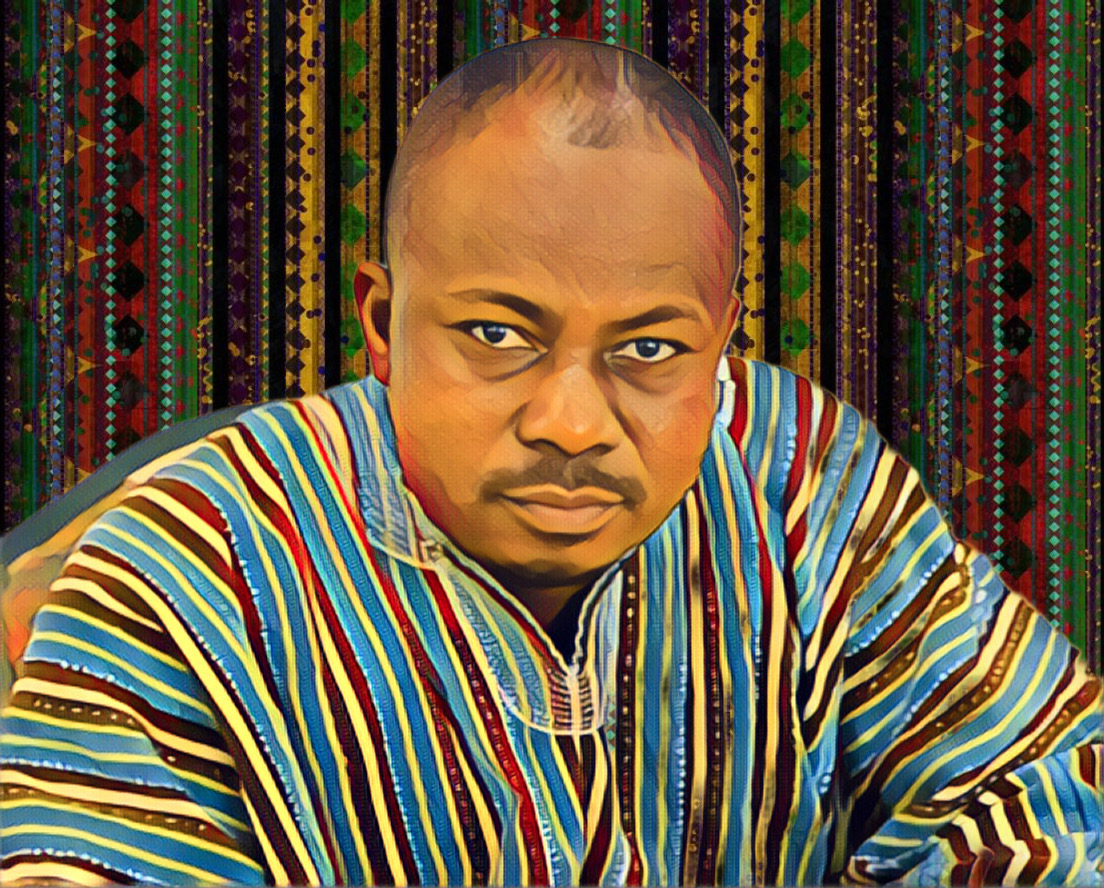In the labyrinth of Ghanaian politics, the role of party leadership and campaign strategies, especially in the run-up to crucial elections, often becomes a focal point for speculation, analysis, and sometimes, controversy. Such was the case when concerns emerged regarding the involvement of Stephen Ntim, the National Chairman of the New Patriotic Party (NPP), in the party’s campaign activities for the upcoming 2024 elections. These concerns were swiftly addressed by Haruna Mohammed, a Deputy General Secretary of the NPP, in a bid to clarify the dynamics within the party’s campaign structure and to quell any rumors of sidelining within its ranks.
On the evening of February 11, during an appearance on JoyNews’ PM Express, Mohammed took the opportunity to elucidate the situation. His intervention came in the wake of the NPP’s announcement of its campaign team tasked with the ambitious goal of ‘Breaking the Eight,’ a reference to the party’s aim to extend its governance beyond two consecutive terms, a feat rarely achieved in Ghana’s political history. Notably, the list of 40 names tasked with this mission did not initially include Stephen Ntim, sparking discussions and speculations about his role and influence within the party’s campaign efforts.
Mohammed, addressing these concerns, emphasized that Ntim is far from being marginalized within the party’s campaign framework. Instead, he holds a significant position within the national campaign coordinating committee, which is under the chairmanship of the 2024 presidential candidate, Dr. Mahamudu Bawumia. This committee, according to Mohammed, is the nucleus of the campaign strategy, comprising key party figures including the General Secretary and all 16 regional chairpersons. The inclusion of Ntim in this committee underscores his pivotal role and the weight of his contributions to the NPP’s campaign strategy and execution.
“The National Chairman’s work is very huge, and where he could be put and accorded respect is to be part of the national campaign coordinating committee,” Mohammed explained, highlighting the strategic decision to integrate Ntim into the core team responsible for steering the campaign. This clarification was further supported by a statement from the NPP’s General Secretary, Justin Kodua Frimpong, which delineated the overarching responsibility of the national campaign coordinating committee in supervising the activities of all other sub-committees, thereby affirming the comprehensive scope of Ntim’s involvement.
Mohammed’s assurances shed light on the internal deliberations and decisions that preceded the formation of the campaign team, revealing a process marked by thorough discussions at the national executive committee level and subsequent ratification by the national council of the party. This detailed account not only quells rumors of discord but also provides insight into the democratic and procedural ethos that guide the NPP’s preparations for the 2024 elections.
In the broader context of Ghanaian politics, the episode serves as a reminder of the complex interplay between individual roles, party dynamics, and campaign strategies. It underscores the importance of communication and clarity in dispelling misunderstandings that can potentially distract from the primary objectives of political parties, especially as they gear up for electoral contests. Moreover, the situation reflects the evolving nature of political campaigns in Ghana, where strategy, inclusivity, and coordination are increasingly recognized as critical components of success.
As the NPP moves forward with its campaign for the 2024 elections, the resolution of concerns surrounding Stephen Ntim’s role reinforces the party’s commitment to unity and strategic coherence. It also highlights the significance of leadership roles in shaping the trajectory of political campaigns, ensuring that every member’s contribution is valued and that the collective effort is directed towards the common goal of electoral victory. In doing so, the NPP not only aims to ‘Break the Eight’ but also to set a precedent for organizational solidarity and strategic planning in the highly competitive arena of Ghanaian politics.





1 comment
Your article helped me a lot, is there any more related content? Thanks!